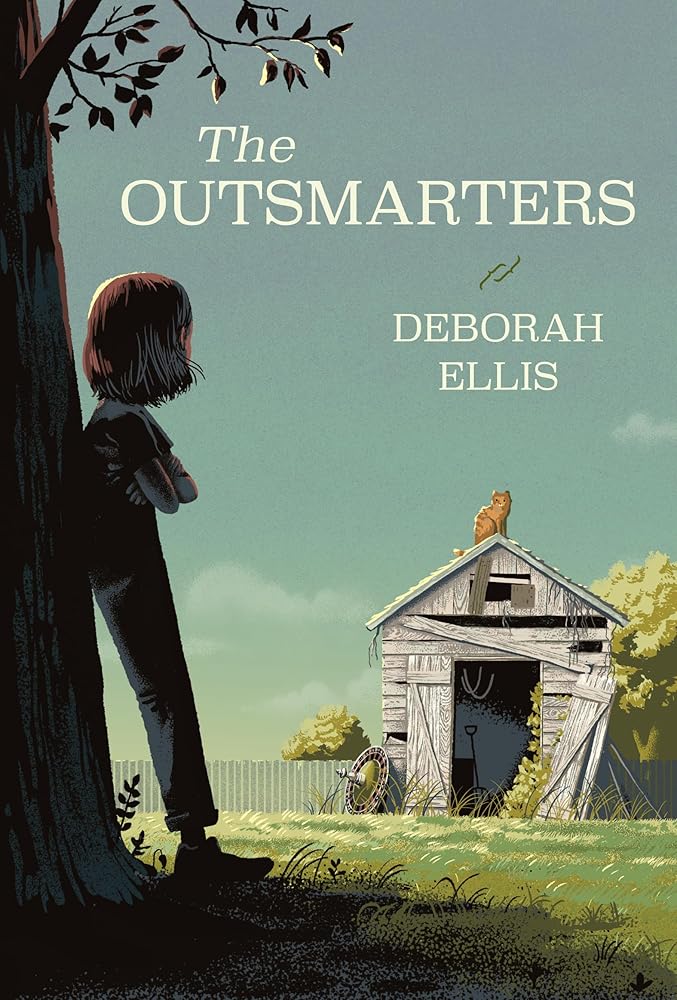Lucky's Books and Comics
The Outsmarters
The Outsmarters
Couldn't load pickup availability
Share
What can you do when the adult world lets you down?
Suspended from school and prone to rages, twelve-year-old Kate finds her own way to get on with her life, despite the messed-up adults around her. Her gran, for one, is stubborn and aloof ― not unlike Kate herself, who has no friends, and who’s been expelled for “behavioral issues,” like the meltdowns she has had ever since her mom dumped her with her grandmother three years ago. Kate dreams that one day her mother will return for her. When that happens, they’ll need money, so Kate sets out to make some.
Gran nixes her idea to sell psychiatric advice like Lucy in Peanuts (“You’re not a psychiatrist. You’ll get sued.”), so Kate decides to open a philosophy booth to provide answers to life’s big and small questions. She soon learns that adults have plenty of problems and secrets of their own, including Gran. When she finds that her grandmother has been lying to her about her mother, the two have a huge fight, and Gran says she can’t wait for Kate to finish high school so she’ll be rid of her at last. Kate decides to take matters into her own hands and discovers that to get what she wants, she may have to reach out to some unexpected people, and find a way to lay down her own anger.
Key Text Features
quotations
dialogue
literary references
signs
Correlates to the Common Core State Standards in English Language Arts:
CCSS.ELA-LITERACY.RL.6.2
Determine a theme or central idea of a text and how it is conveyed through particular details; provide a summary of the text distinct from personal opinions or judgments.
CCSS.ELA-LITERACY.RL.6.5
Analyze how a particular sentence, chapter, scene, or stanza fits into the overall structure of a text and contributes to the development of the theme, setting, or plot.


